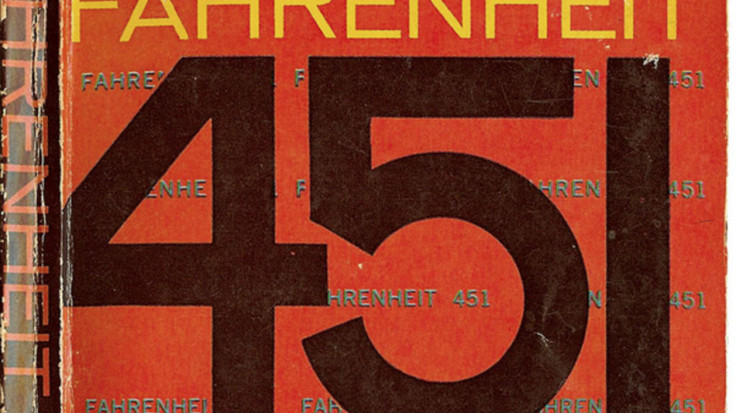Government censorship highlighted by new 451 web status error

A new web status error has been introduced in an effort to draw attention to governmental online censorship. The 451 code will be used to give internet users information about why they cannot view a webpage beyond the generic 403 "forbidden" code currently used.
The new protocol, named after Ray Bradbury's seminal novel Fahrenheit 451, was approved by the Internet Engineering Steering Group (IESG).
Unavailable For Legal Reasons
"This status code can be used to provide transparency in circumstances where issues of law or public policy affect server operations," the newly published code states. "This transparency may be beneficial both to these operators and to end users."
The 451 status code has been approved for publication and can "effectively" be put to use immediately, according to chair of the IETF HTTP Working Group Mark Nottingham, however the Request for Comments (RFC) Editor is still working on the protocol.
The rise of online censorship
According to the World Web Foundation, web users around the world face increasing indiscriminate government surveillance. The group's annual report found that online censorship rose by 6% in 2014, while laws preventing bulk mass surveillance are "weak or non-existent" in over 84% of countries surveyed.
Despite offering greater transparency for most web users, governments that enforce particularly strong censorship rules will actually be able to prevent the use of the 451 code.
Nottingham wrote in a blogpost: "In some jurisdictions, I suspect that censorious governments will disallow the use of 451, to hide what they're doing.
"We can't stop that (of course), but if your government does that, it sends a strong message to you as a citizen about what their intent is. That's worth knowing about, I think."
© Copyright IBTimes 2025. All rights reserved.






















